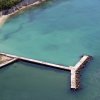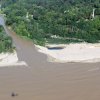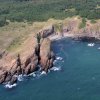Center for Coastal & Marine Studies
MSP4BIO FOURTH COP INTERACTION IN THE BLACK SEA!

The Western Black Sea Fourth CoP (Community of Practice) Interaction Workshop "Presentation and validation the draft of the MSP4BIO “Ecological and Socio-Economic (ESE) Management Framework" was conducted virtually on 30 July, 2024 and hosted by CCMS. The Black Sea test site is a cross-border area between Cape Tuzla in Romania and Cape Kaliakra in Bulgaria, for more details follow the MSP4BIO website: https://msp4bio.eu/western-black-sea-test-site-bulgaria/
and https://msp4bio.eu/western-black-sea-test-site-romania/
On the workshop, the CCMS team presented the MSP4BIO developments and Decision Support Tools (DSTs), namely the Ecological and Socio-Economic (ESE) Management Framework for better integration of biodiversity and Maritime Spatial Planning (MSP) dimensions, as well as demonstrated the online version of the ESE Platform. Participants and key stakeholders from Bulgaria, Romania, UK and Belgium attended the workshop, and participated actively in the discussion.
The ESE framework consists of a methodological guidance that shall help prioritizing marine protection in MSP through several methodological steps, and integrating social, economic, and ecological considerations. In practice, it is a document & web-based step-by-step guidance that enables users to identify their management needs using a portfolio of questions and offers a range of answers to address them.
In order to collect stakeholder feedbacks on the ESE initial draft, it was suggested to participants to fill an online Google form questionnaire. Results will be used to fine tune and consolidate the ESE framework implementation.
Stay tuned for more updates and insights: https://msp4bio.eu/
Hot off the press: two more MSP4BIO deliverables published!

Exiting news: two more MSP4BIO deliverables have just been released exploring how the MPA managers can assess vulnerabilities and prioritize actions for resilient marine ecosystems and what are the barriers, levers, and integration challenges for biodiversity mainstreaming in Maritime Spatial Planning:
• Deliverable 3.3 Guidance for building climate change scenarios for protection strategies
The purpose of the guidance is to provide an original framework for MPA managers and modelers to assess the vulnerability of marine species and ecosystems to climate stressors. The vulnerability assessment is a key element in climate-smart management, since the responses of marine organisms and ecosystems to climate-induced changes are neither straightforward nor linear, as they depend on the species’ sensitivity, resistance and adaptivity to the (single or combined) stressors. In other words, some species may survive, while others may disappear or invade; depending on the trophic role of the species, the ecosystem may undergo an abrupt shift to a different state (with consequent modification of ecosystem services) or exhibit resilience.
Read full Deliverable 3.3 here!
WELCOME TO THE FOURTH ISSUE OF THE BLUE HORIZONS NEWSLETTER!
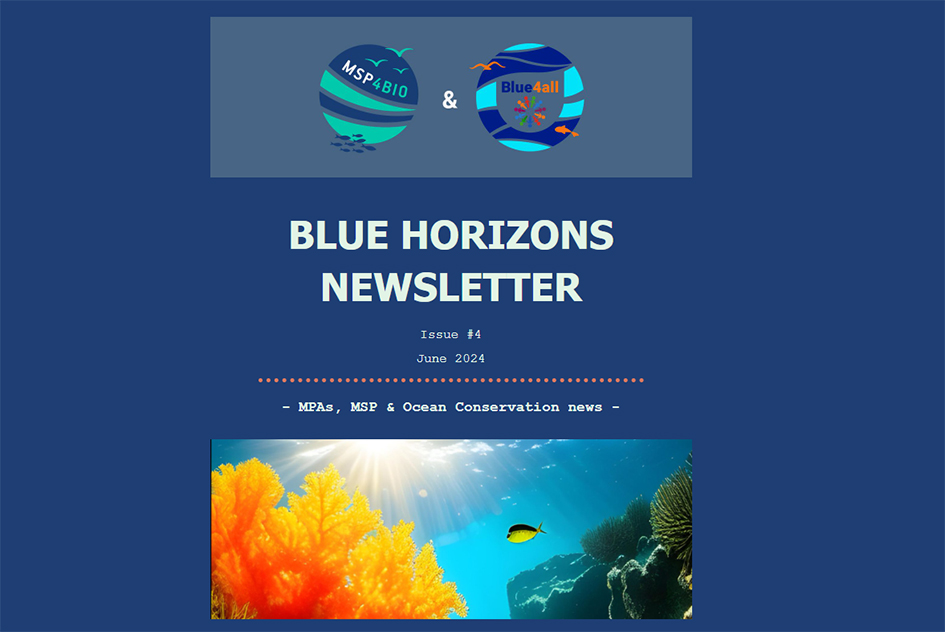
In the fourth issue of the Blue Horizons Newsletter you can find many updates from each project, as well as joint news like the soon to launch networking space for MPA managers and stakeholders, the outcomes of our roleplaying game at the UN Ocean Decade event, echoes of the Black Sea Basin Workshop under the three sister projects MSP-GREEN, MSP4BIO and MPA Europe, and our contributions to the key action points for marine protection in the Eastern Baltic.
We also bring news from our sister project MPA Europe and the exciting announcement of a new project that kicked off last May on MPAs in the Arctic-Atlantic.
Enjoy the read and thanks for helping us work towards the restoring and conservation of our Ocean.
https://archive.newsletter2go.com/?n2g=yk6t7887-yanejt8n-16pa
ECHOES FROM BLASK SEA BASIN WORKSHOP ON MSP-EGD-MPA NEXUS
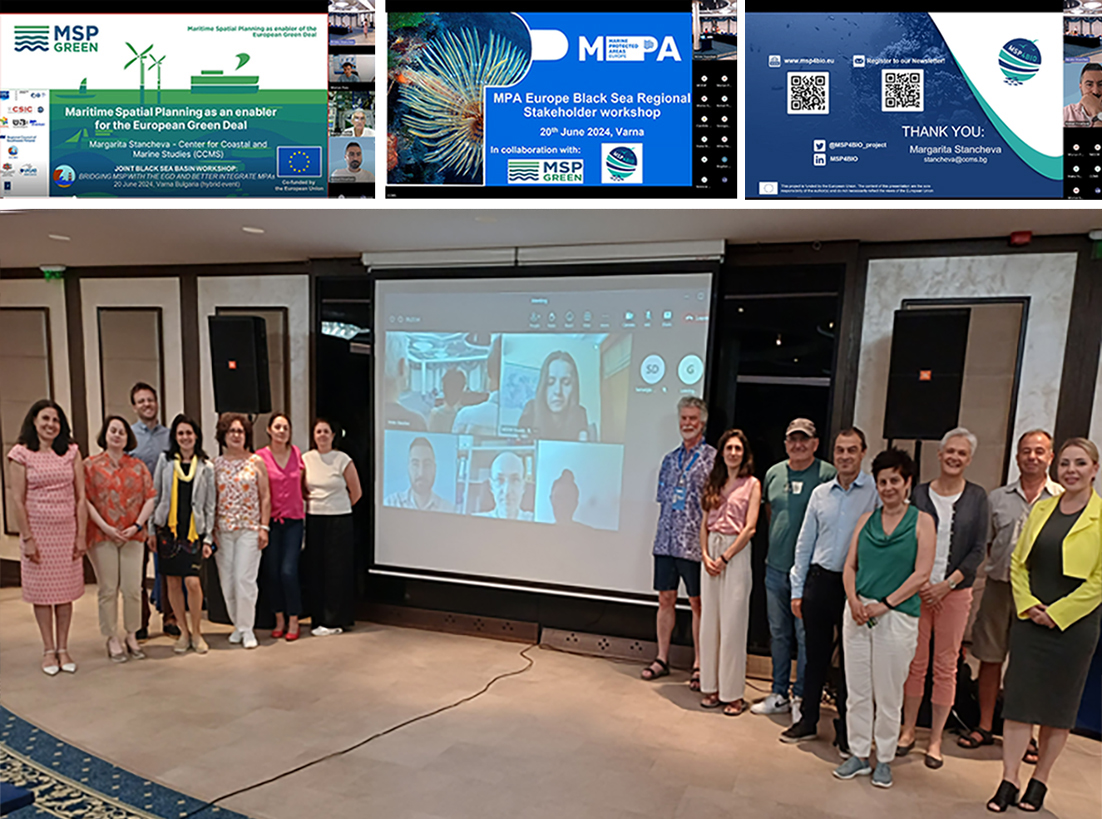
The Black Sea Basin Workshop "Bridging Maritime Spatial Planning with the European Green Deal and better Integrate Marine Protected Areas" was successfully conducted last week on June 20th, in Varna, Bulgaria as a hybrid event. The workshop was jointly organised by the three European Union sister projects MSP-GREEN, MPA Europe and MSP4BIO, and hosted by the MSP-GREEN / MSP4BIO partner from Bulgaria - Center for Coastal and Marine Studies (CCMS). The workshop aimed to present and discuss at the Black Sea Basin level how the MSP could strengthen and promote better integration and implementation of the EGD maritime objectives (based on MSP-GREEN draft recommendations). The Black Sea Workshop also addressed the specific EGD topic of improved science-based MSP for biodiversity protection and better alignment of MPAs management and their integration in MSP.
























